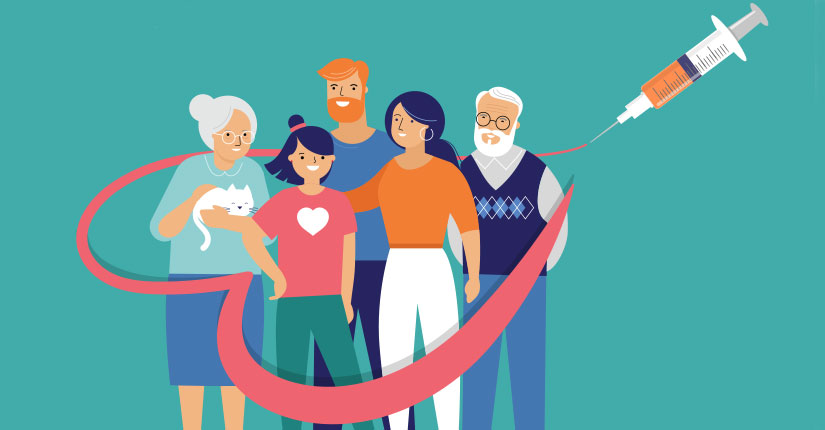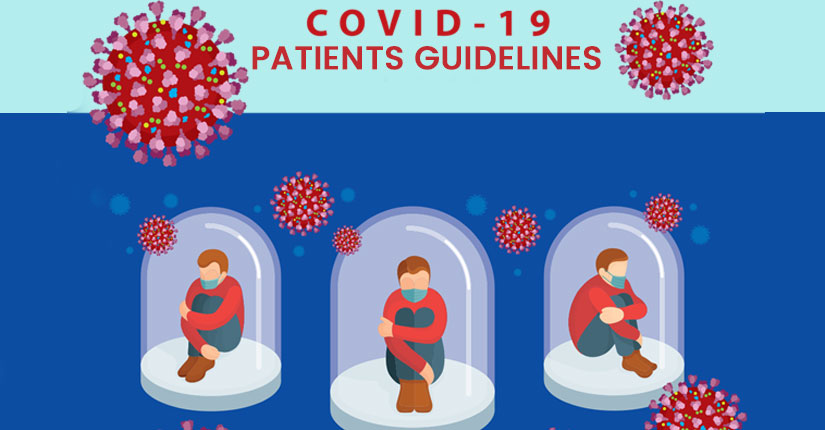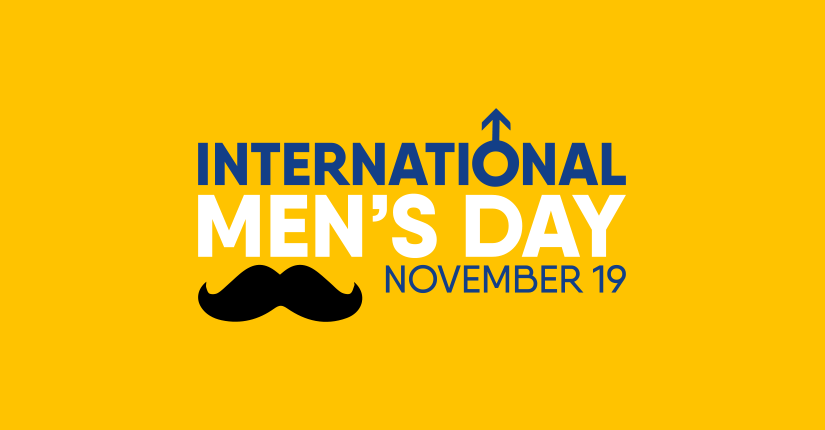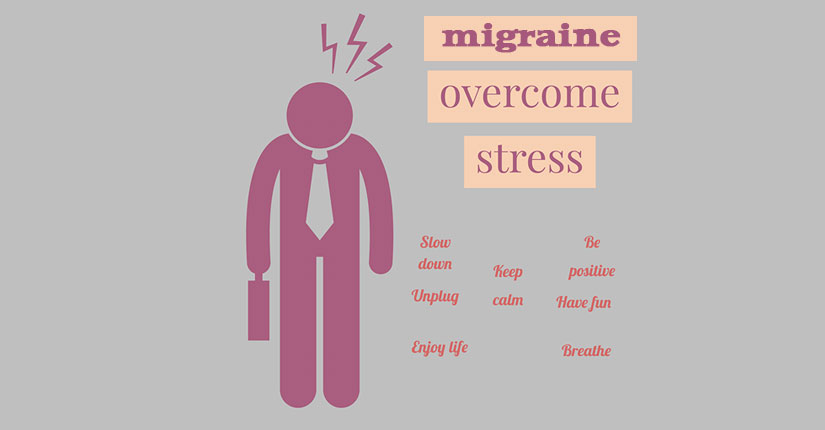WHO Tweeted That The First Weeks Following Childbirth Are An Important And Special Time
By Nmami Agarwal 03-Apr 2022 Reading Time: 3 Mins
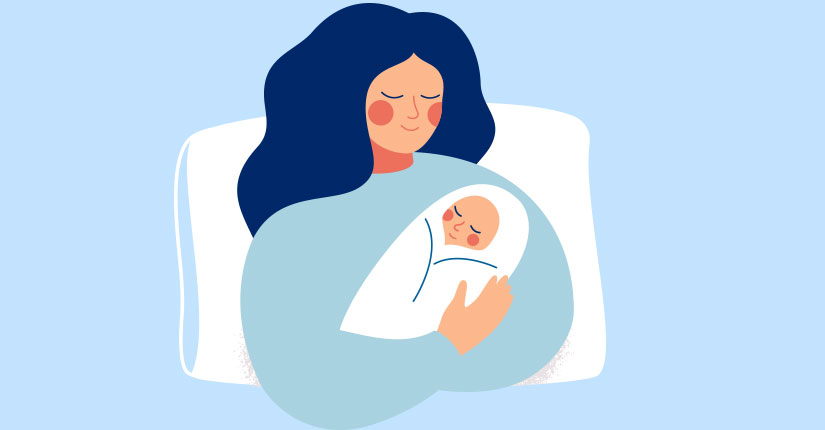
The birth of a baby is a life-changing moment, one that is bound by love, hope, and excitement but it can also cause unprecedented stress and anxiety. Parents need strong health care and support systems, especially women whose needs are too often neglected when the baby comes. Worldwide, more than 3 in 10 women and babies do not currently receive postnatal care in the first days after birth. The period when most maternal and infant deaths occur.
According to the World Health Organization (WHO), the postnatal period that is from birth to six months is a critical time for ensuring newborn and maternal survival and for supporting the healthy development of the baby as well as the mother’s overall mental and physical recovery and well-being. WHO launched its first-ever global guidelines to support women and newborns in the postnatal period.
Postnatal contacts are recommended for healthy women and newborns between 42 and 78 hours, between 7 and 14 days, and during week 6 after birth. The first weeks following childbirth are an important and special time. All women and babies should receive care in health facilities during the first 24 hours after birth. Three additional postnatal care contacts occur in the first 6 weeks.
Person-Centered Respectful Postnatal Care Means:
- Listening with empathy
- Building confidence
- Responding to the needs of women, babies, and families
- Maintaining dignity, privacy, and confidentiality
- Enabling informed choices
- Ensuring freedom from harm and mistreatment
The physical and emotional consequences of childbirth – from injuries to recurring pain and trauma can be debilitating if unmanaged but are often highly treatable when the right care is given at the right time. In addition to addressing immediate health concerns, these first weeks after birth are crucial for building relationships and establishing behaviors that affect long-term infant development and health. Encouragement of partner involvement, by being part of checkups, for instance, as well as providing support to the woman and attending to the newborn, would also help the postnatal care. Also, screening for postnatal maternal depression and anxiety, with referral and management services where needed.
Over To You:
The time post childbirth is indeed special, special care, special attention, special needs are to be given in order to make postnatal easier.


